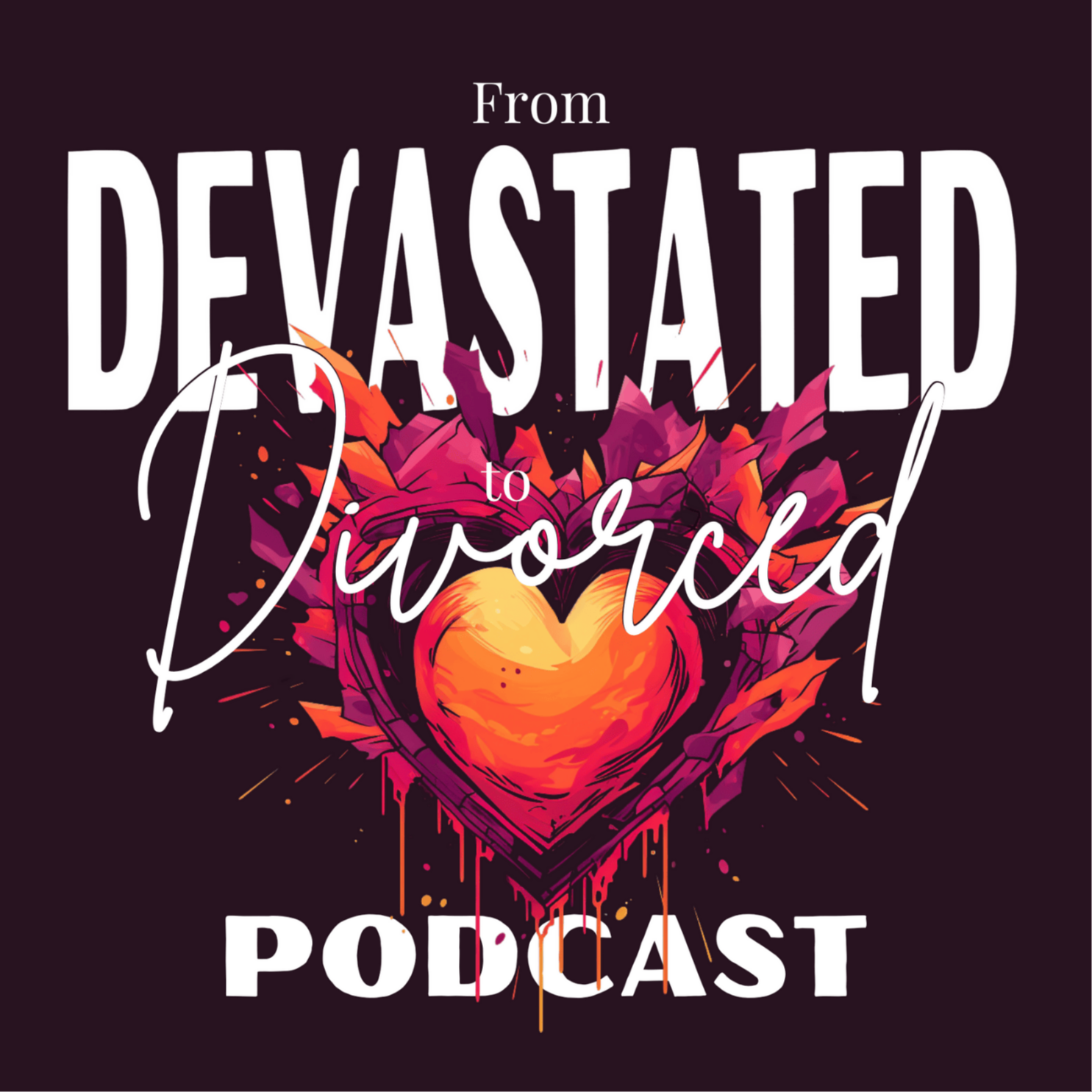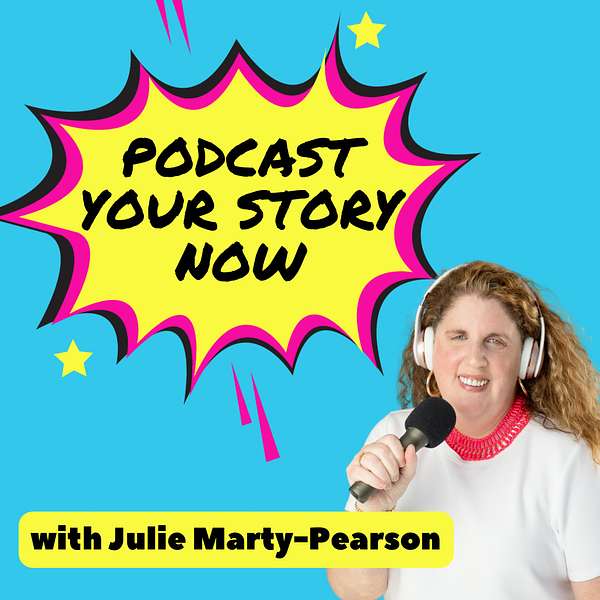
Podcast Your Story: Amplifying Women's Voices in Podcasting
Podcast Your Story is all about helping purpose-driven women own their voice and share their stories as powerful podcast guests and hosts. Whether you’re dreaming of becoming a sought-after podcast guest, ready to launch your own show, or grow an existing podcast, Podcast Your Story is here to guide and support you every step of the way. Listen to inspiring stories from women who are using podcasting to amplify their voices, share their stories, and grow their visibility.
Host Dr. Julie Marty-Pearson, Podcaster, Speaker, Visibility Coach & Podcasting Mentor, brings you practical strategies, honest conversations, and inspiring stories from women who are using podcasting to share their stories and grow their businesses.
Each episode focuses on a powerful theme— from how to become a confident and memorable podcast guest, to how to launch your show without the overwhelm, or how to craft your message for maximum impact. You'll hear a mix of solo episodes, expert interviews, and behind-the-scenes insights designed to help you show up, speak up, and shine.
Because YOUR STORY MATTERS. And your voice is meant to be heard.
Thank you for listening to Podcast Your Story. If you enjoy the show, I’d be so grateful if you’d subscribe, leave a rating or review, and share it with another woman who’s ready to use her voice to transform her life and inspire the world.
About Your Host:
Dr. Julie Marty-Pearson is a Visibility Coach, Podcasting Mentor, and Community Builder for purpose-driven women who are ready to own their voice and share their story. She coaches people to grow their visibility and confidence through podcast hosting, guesting, and speaking.
Julie hosts two podcasts:
🩷 Podcast Your Story, which focuses on amplifying women's voices and practical tips to grow their business through podcasting.
🩷 The Story of My Pet, a Top 5% podcast, sharing inspiring tales of pets focused on advocating and educating for animals rescue, fostering, and adoption.
Julie also created and hosts two communities:
🩷 Women's Podcaster Party Networking Community, for podcasters, guests, and speakers to connect and collaborate. Come check out our Monthly Networking Events.
🩷 Podcast Your Story Community which supports women and non-binary people to become and grow as Podcasters, Guests, Speakers, and Storytellers. To learn more and join, visit Podcast Your Story Community Membership.
Connect with your host–
Website - YouTube - Instagram - Facebook - LinkedIn - Pinterest
Contact your host: julie@podcastyourstorynow.com
Podcast Your Story: Amplifying Women's Voices in Podcasting
A Story of the Unseen Struggle with Chronic Illness
Everyone has a story and every story deserves to be told, heard, and honored. Your host, Julie Marty-Pearson, shares her story of chronic illness and the lessons learned through pain and resilience.
When my own health journey compelled me to seek answers to the strange dental issues that haunted my twenties, I never expected the lessons it would teach me about resilience and self-advocacy. Now I'm bringing story of autoimmune diseases, specifically Fibromyalgia and Sjogren's Syndrome, to this podcast in hopes of connecting with others who navigate similar paths.
Join me as I lay out the unspoken challenges and discuss the real costs—emotional, physical, and financial—of living with these diagnoses. I am creating a space where honesty shines, stigmas are dismantled, and the voices of experience resonate with hope and understanding. No matter your journey, the story of how you got to where you are today matters.
About your host: Julie Marty-Pearson, PsyD is a Podcaster and Coach for New & Aspiring Podcasters, who is passionate about helping others share their stories through podcasting. She has her doctorate in Organizational Psychology and worked for 15 years in accreditation, assessment, and institutional research in higher education. Julie started her own business in 2019 to help other women going through career transitions and find professional paths they were passionate about. Now she supports others by starting their own podcasts just like she did with The Story of My Pet Podcast. Julie believes that everyone, especially women and non-binary people, have a story to tell and every story deserves to be heard. Podcasting is the fastest way to share your story with the world and she helps others create and launch their podcast. Julie started her second podcast, Podcast Your Story Now, to share her experience as a podcaster, give tips and tricks for new and aspiring podcasters, and interview other female podcasters about their journeys.
Connect with your host, Dr. Julie Marty-Pearson –
Website - Instagram - Facebook - LinkedIn - Subscribe to my YouTube Channel
Contact your host via Email: julie@podcastyourstorynow.com
Are you a Podcast Host or Guest or want to become one? Join my new membership Podcast Your Story Community
Come network with other podcast hosts, guests, & speakers at the free monthly events in the Women's Podcaster Party Networking Community.
Shop our affiliate partner Nuvita CBD Use code Julie10 for 10% off!
Listen to The Story of My Pet Podcast- Website - Instagram - YouTube
Hello, my friend. Welcome to the Podcast. Your Story Now podcast. I am your host, Julie Marty Pearson, podcaster and coach for new and aspiring podcasters. I am so excited to have you here to listen to this new episode. I hope this story inspires you and gets you motivated to podcast your story now.
Speaker 2:Hello and welcome to the first episode of Podcast your Story. Now I am your host, julie Marty Pearson, podcaster and coach for new and aspiring podcasters. I started my first podcast in 2022 to talk about the stories of my pets, past and present. I sat down with a friend and we talked all about our childhood pets. From there, the story of my pet was born. I have loved the process of creating and growing that podcast. I have learned so much myself. I started volunteering at my local shelter, I became a kitten foster mom and it all led to the podcast becoming a platform to advocate and educate around animal rescue, fostering and adoption around animal rescue, fostering and adoption.
Speaker 2:Since the start of my journey in podcasting, I have learned so much, not just about podcasting, but also about myself. So I decided to start this podcast to share some of my own personal stories, my journey as a podcaster, and help others looking to start their own podcast. I will be interviewing some of my friends and fellow podcasters who I've met along the way, many of whom I have learned a great deal from and have inspired me to keep going and keep podcasting. In this first episode, I wanted to share a part of my story I have never spoken about publicly before. I know that makes it sound very dramatic and it's not, but it is something so personal to me I have always had a difficult time talking about, even with friends, and it's a part of my lifelong health journey dealing with autoimmune diseases, something which I know so many, especially women, battle alone and without support every day. I hope my story will shed some light on what people with these disorders go through and also help others to feel a little less alone.
Speaker 2:I was diagnosed with fibromyalgia and Sjogren's syndrome at 25 years old, but this story started a few years prior to that. I have never been one to have perfect teeth. I have never been one to have perfect teeth. I've always had a few cavities as a kid and as a teenager I wore braces. I actually had my upper jaw widened before I had braces because my mouth was so small and my bite was so narrow. So I've had my fair share of dentist visits and mouth-related pain. But one day, while eating, one of my bottom front teeth chipped out of nowhere. I was about 22 or 23 at the time. This unfortunately started a long road of issues of chipping and fractures in various teeth. I saw several dentists who all gave me the same speech that I needed to brush my teeth, more floss and stop drinking soda. Good luck. As it got worse, I began to think what's wrong with me? Why can't I keep my teeth better than this? It even got to the point where I just dealt with the pain and tried to ignore it.
Speaker 2:Once I was diagnosed with Sjogren's syndrome, it all started to make sense. The main symptoms of this disease are dry eyes, dry mouth, fatigue and joint pain. It can also cover a wide range of other organ-related diseases, from neurological issues to digestive issues, to lymphoma, but for me it was the dry mouth. That was a huge aha moment. Finally, I had a reason for the gradual decline in my teeth in my 20s. Now, when I told the dentist my diagnosis, it was met with more understanding than prior, but it was also met with news I wasn't ready to hear. The last dentist I saw, before another period of long avoidance, told me he had had several previous patients with Sjogren's and they all eventually lost their teeth. He said it was inevitable and the only option was full implants with a sticker price of about $40,000. As you can imagine, I was shocked, as now I was 27 and told I was going to lose all of my teeth sooner than later and my only option came with a big price tag I had no way of affording to deal with.
Speaker 2:Several years passed and much more pain and suffering followed. It wasn't until I was about 32, and in constant pain, I could barely eat and only a few of my teeth were fully intact, so I had to chew only soft food and very small bites in order to eat. I ate a lot of yogurt, ice cream and smoothies. I hated eating in front of other people. I hid my mouth as much as possible and smiled even less. None of this was easy, because at the time I was a college teacher and in school finishing my doctorate. Then one day it all came crashing down. I had been going to a lot of events leading up to my sister's wedding. I made it through everything, including the wedding ceremony and reception, but the next day my body shut down. It started with the worst migraine I've ever had and by the next day I couldn't get out of bed.
Speaker 2:After talking with my doctor, we agreed it was time for me to deal with my mouth. Luckily, I had a friend who had recently had an implant put in and she loved her dentist so much so the next day I called him and made an appointment. For the first time ever, I met a dentist who saw me as a person and not as a dollar sign. He held my hand, looked into my eyes and said I don't know how you've been suffering like this. You must be in so much pain and I'm sorry. It is time to fix it. We have to get your teeth out of your mouth so that your body can start healing. He also told me that, even though implants were the best option, it was okay for us to do the lower cost option and start with dentures. That moment changed my life. Next stop was an oral surgeon who was also very understanding, telling me he would do anything he could to help me with the cost and if I wanted to, he would work me. In the next day he was ready to help me as well. Next day he was ready to help me as well.
Speaker 2:Several weeks later, after leaving my job on disability and taking the summer session off from school, I had what is called a full mouth extraction. Every tooth, or what was left of most of mine, was removed, along with the roots. My bones were cleaned out from the infection in my mouth and filed down to the right shape. I immediately went to the dentist from the surgeon's office to have my dentures placed. The pressure from the dentures would help my blood clotting and help me to heal faster. All in all, the surgery went smoothly and I felt okay. Afterwards I was already admiring my new smile.
Speaker 2:A day or so later I wasn't so happy. Once all the meds wore off, I was in the most intense pain I had ever felt and, trust me, I questioned if I had done the right thing. My entire mouth and head throbbed from the surgery. My mouth was healing from years of pain and infection. It took several weeks for the pain to lessen and I had to go every few days for adjustments. As the swelling went down, my dentures had to be adjusted to fit. I was lucky, though, as I had little to no facial swelling or bruising, so most people had no idea I had had a surgery, and I liked it that way. I started to become more confident again, smiling more openly and enjoying many foods I hadn't in years. You had no idea the joy I had in just being able to bite into a granola bar again or taking a bite out of a nice big sandwich. It's crazy what we allow ourselves to deal with pain and suffering, all to avoid something that is too much for us to face head on. As I became more comfortable and open and told more people what I had been through, they would tell me things they had noticed about me, like how I always covered my mouth when I spoke, or how they always thought I had gum in my mouth, but it was really paste that I used to cover up my broken teeth. I say this because when you look at someone physically, you never know what they are going through. Please be kind.
Speaker 2:Recently I was listening to a friend's podcast about her journey as a widow and cancer patient two things I had no experience with, but I was listening nonetheless. She began speaking about her experience with eye cancer and having to lose one of her eyes and now wearing a prosthetic. She talked about the grief she went through losing that eye, losing her sense of self, the way she looked before and how she was forever changed, physically and emotionally. Hearing her talk about it made me realize that I had gone through a grieving process myself with my teeth, and now I knew it was okay how I felt I was grieving a part of my body that was leaving me forever. I was grieving a person I was with my natural teeth in place and getting used to a person that I would forever be with fake teeth, whether it be my dentures, which I still have some 12 years later, or implants that I still hope to get one day.
Speaker 2:It made me realize that a lot of my fear, anxiety and just being scared of the unknown when I was first diagnosed with Sjogren's Syndrome, I never knew where to place it, I didn't know how to process it, I didn't know it was okay. I didn't know anyone else who had gone through what I was going through. I also realized it was okay for me to be scared, it was okay for me to be pissed off that I was having to lose my teeth so young, and that her sharing her story made me realize that and maybe by me sharing my story, I can help someone else. So by sharing this story, I hope that not only will it help me move through the trauma I went through, but it might help someone out there feel less alone.
Speaker 2:Stories like this, like my friends, like my own, is why I decided to start this podcast. I knew this story was the one I needed to tell in the first episode. I want everyone to know no matter what you have gone through or are going through, you are not alone. It's okay to talk about it, it's okay to be mad, it's okay to be sad and it's okay to grieve who you used to be, even though who you are now is even better. Thank you so much for listening to this episode.
Speaker 1:It means so much to me to have you here. Make sure you don't miss any new episodes of the podcast. Hit, subscribe wherever you are listening right now and new episodes will automatically pop up in your feed as they come out. If you enjoyed this episode, please share it with friends and family and make sure to leave a rating and review wherever you are listening. That will help the podcast to grow. Come on over to Instagram at podcast your story now to keep up with me and the podcast so that you can be ready to podcast your story now.
Podcasts we love
Check out these other fine podcasts recommended by us, not an algorithm.

Story of My Pet: Tales of Animal Rescue, Fostering & Adoption
Julie Marty-Pearson
The BOLD and Brilliant Podcast with Tracie Root
Tracie Root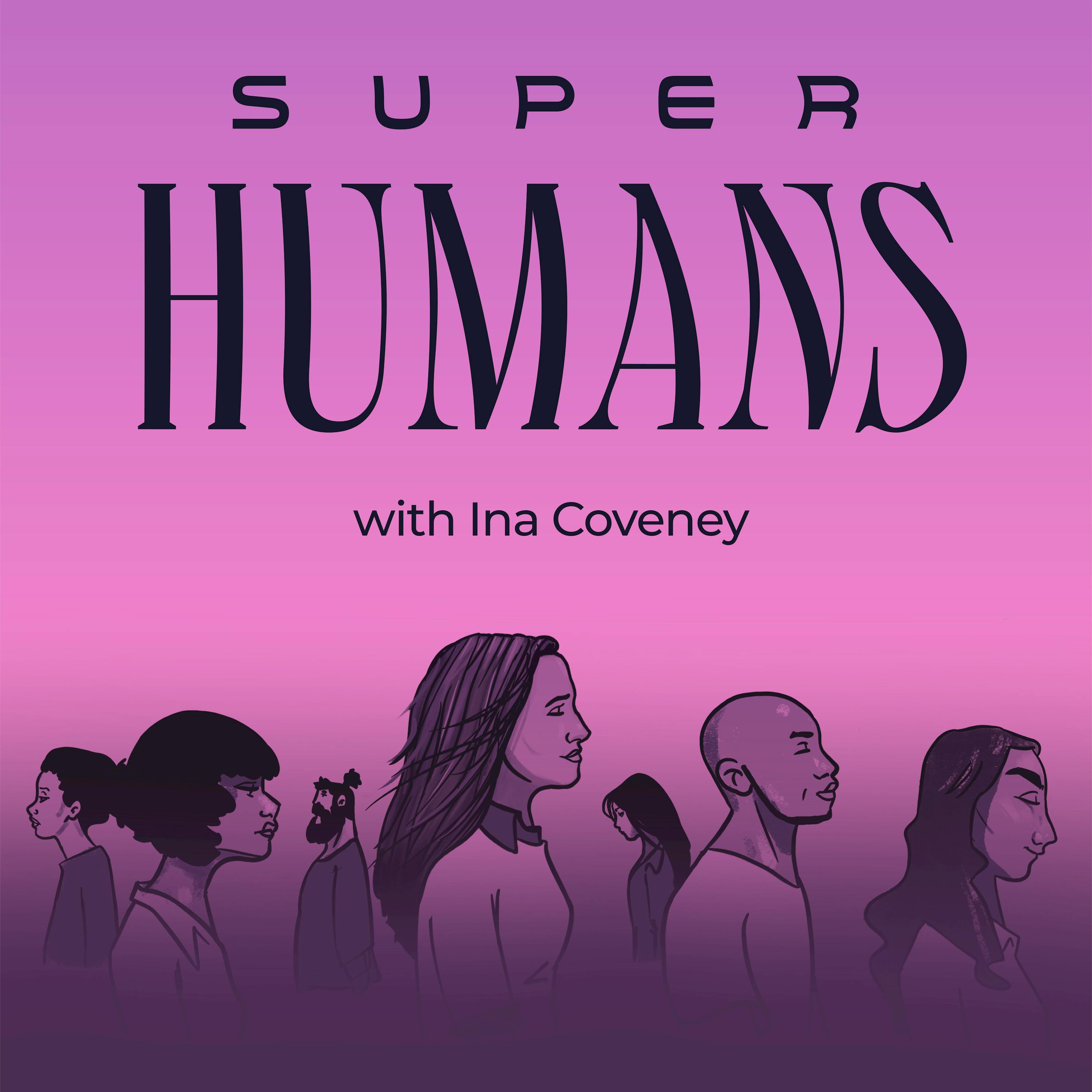
Super Humans with Ina Coveney
Ina Coveney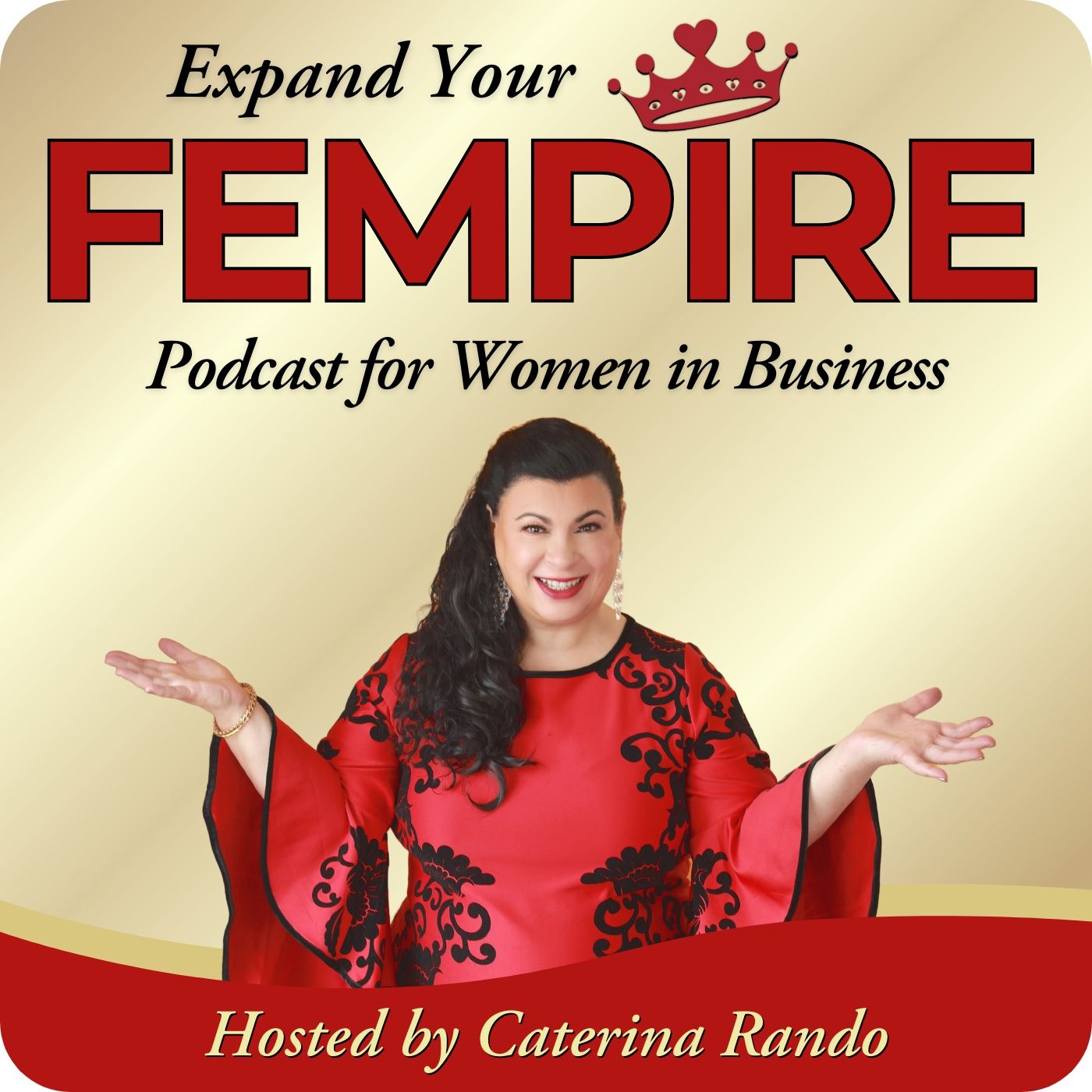
Expand Your Fempire with Caterina Rando
Caterina Rando
Painting Your Path
Clarissa Castillo-Ramsey
Just Wanted to Ask
Anne Zuckerman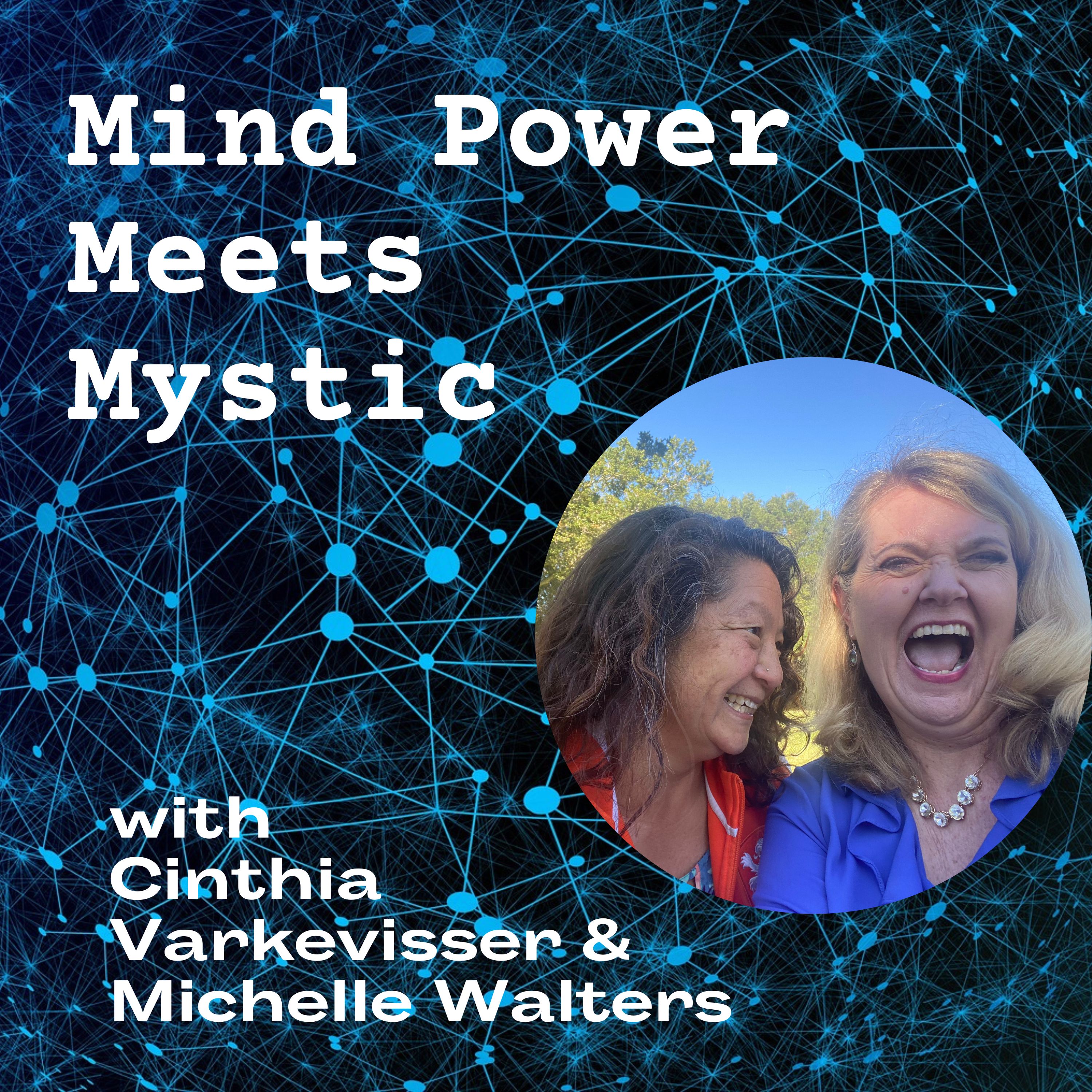
Mind Power Meets Mystic
Cinthia Varkevisser & Michelle Walters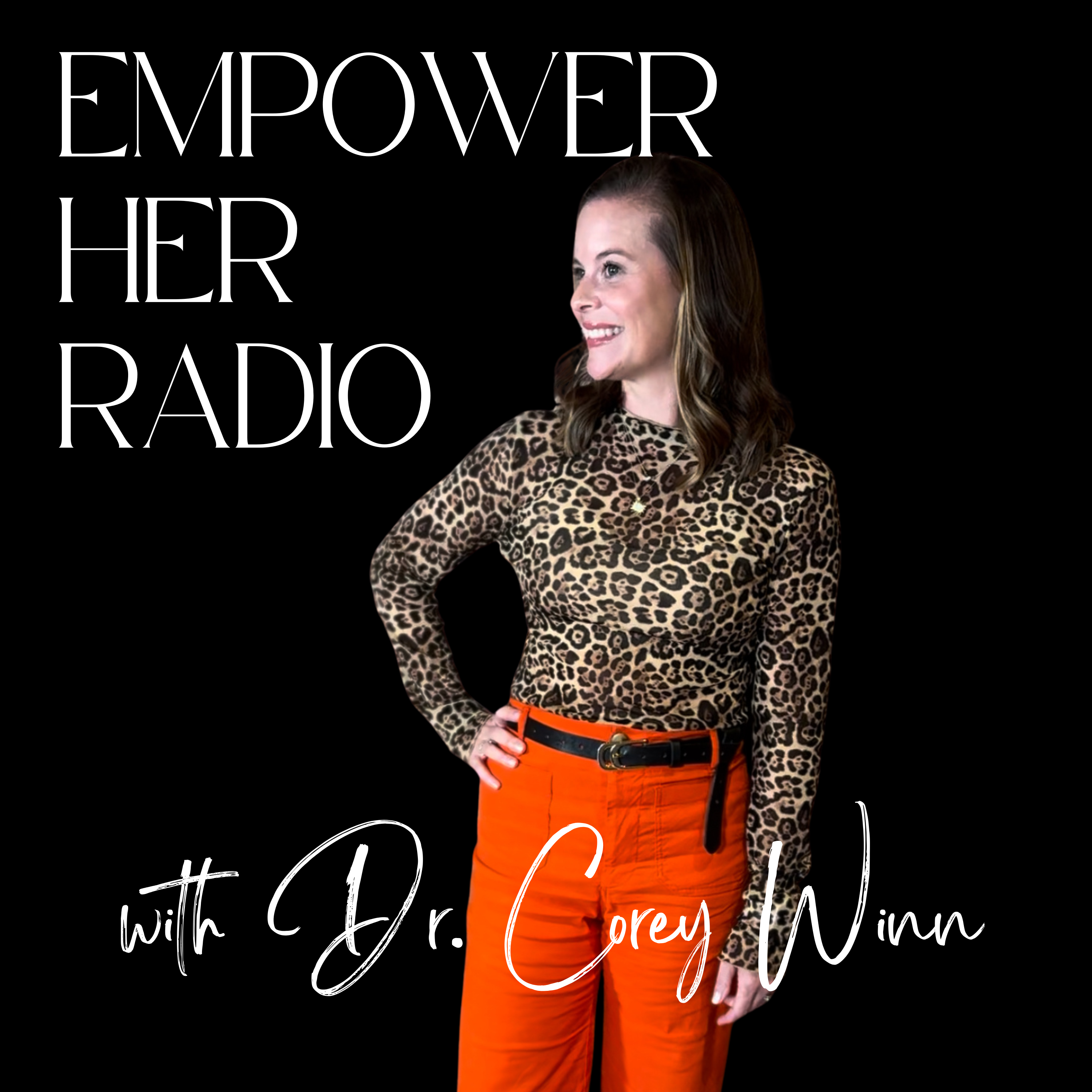
Empower HER Radio with Dr. Corey Winn
Dr. Corey Winn
Casa De Confidence Podcast | Grow Your Business, Life and Confidence
Julie DeLucca-Collins - Business Strategist for Women in Midlife
BECOME EMPOWERED
Sabine Kvenberg
The Pet Parent Hotline | Fix Behavior, Cut Costs, Calm the Chaos
Amy Castro - Pet Parenting & Behavior Expert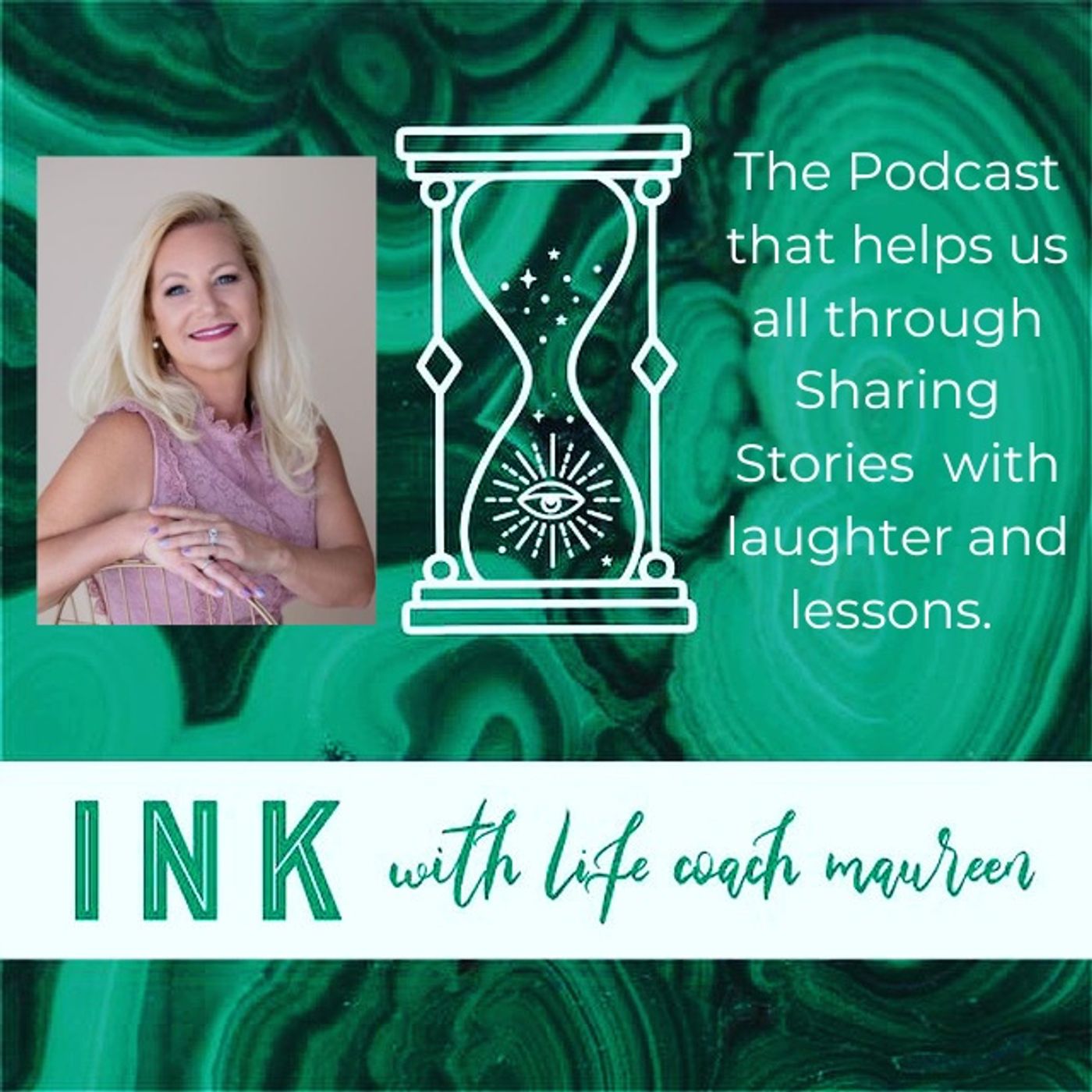
I Never Knew (INK) But My Dog Did! By Lifecoach Maureen
Maureen Scanlon
Podcasting Made Simple
Alex Sanfilippo, PodMatch.com
Grounded in Maine
Amy Bolduc (Fagan)
Ice Cold Case
Madison McGhee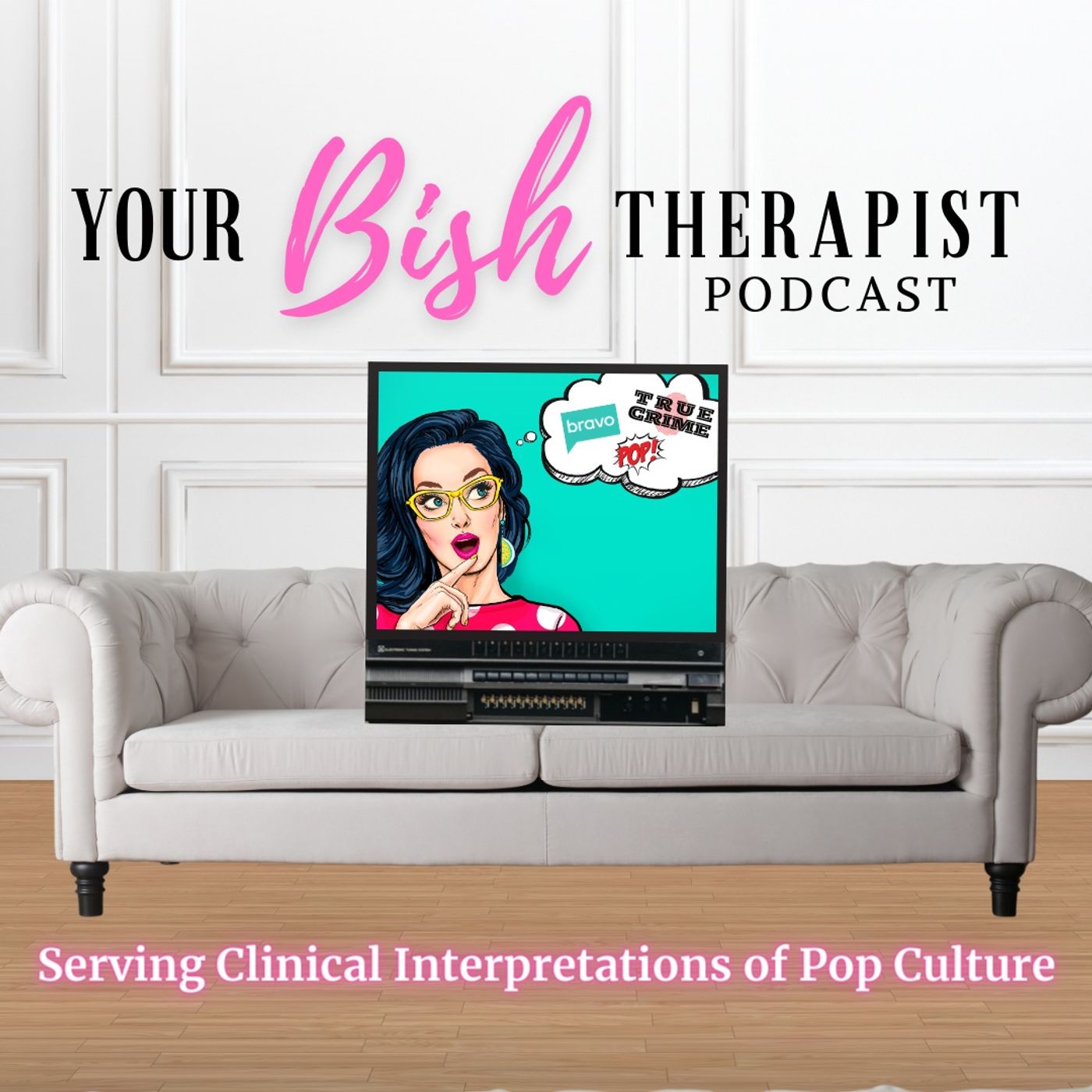
Your Bish Therapist
Melissa Reich
HIListically Speaking with Hilary Russo
Hilary Russo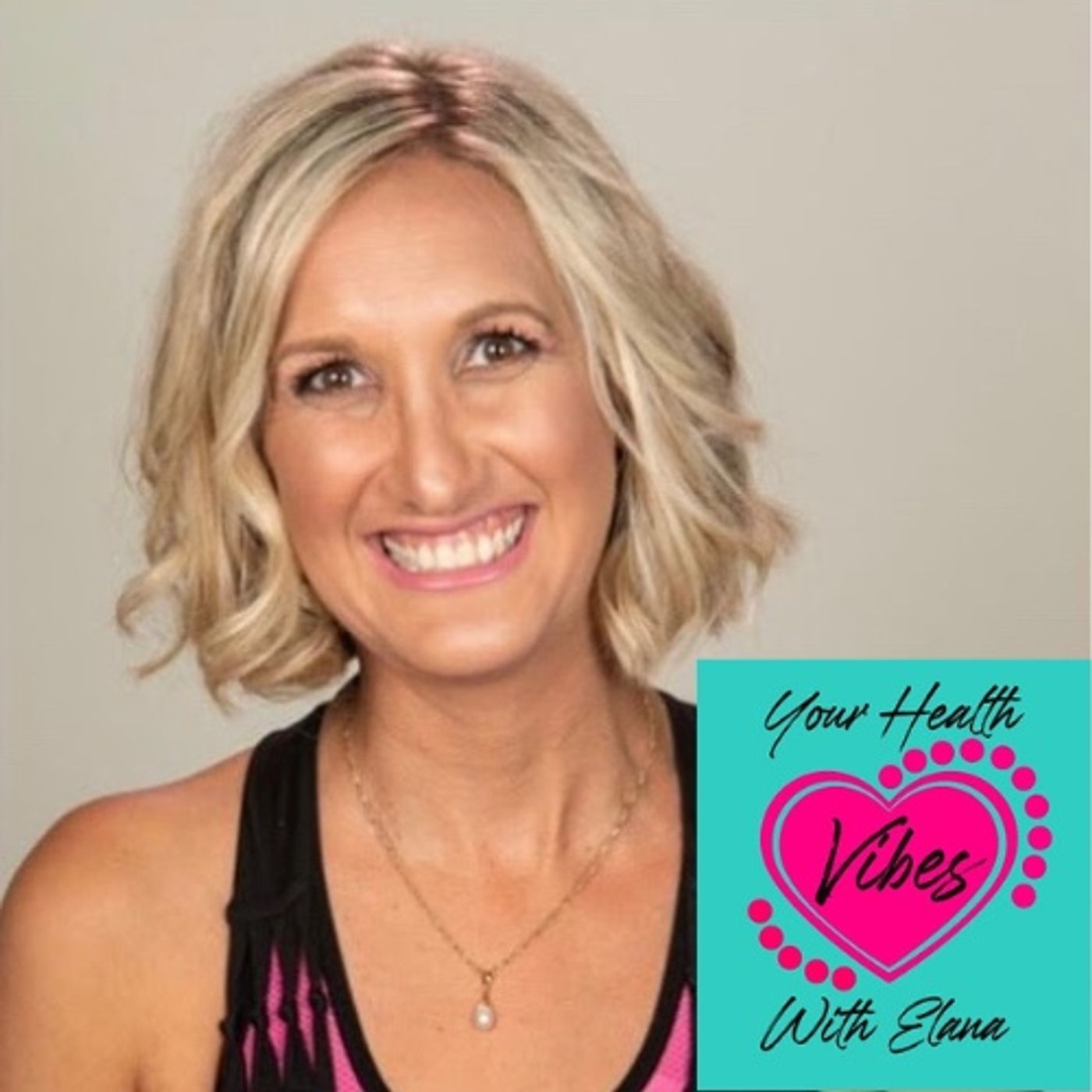
YOUR Health Vibes with Elana
WGSN-DB Going Solo Network
Don't Be Caged By Your Age
Ande Lyons
The Wellness Project with Des
Desiree Argentina
LadyGang
PodcastOne
Drama, Darling: A Real Housewives Comedy Podcast
Amy Phillips
Absolutely Not
Dear Media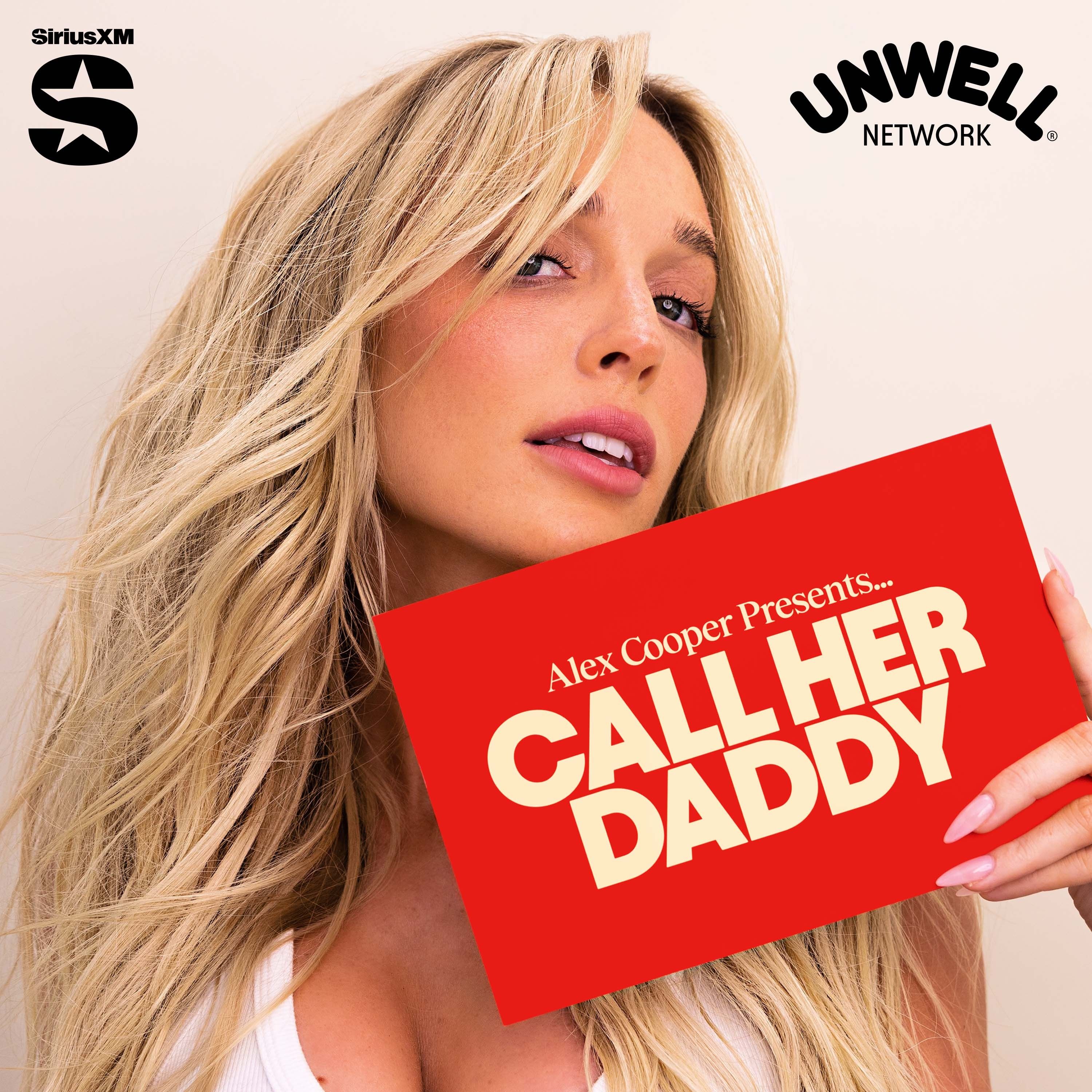
Call Her Daddy
Alex Cooper
Giggly Squad
Hannah Berner & Paige DeSorbo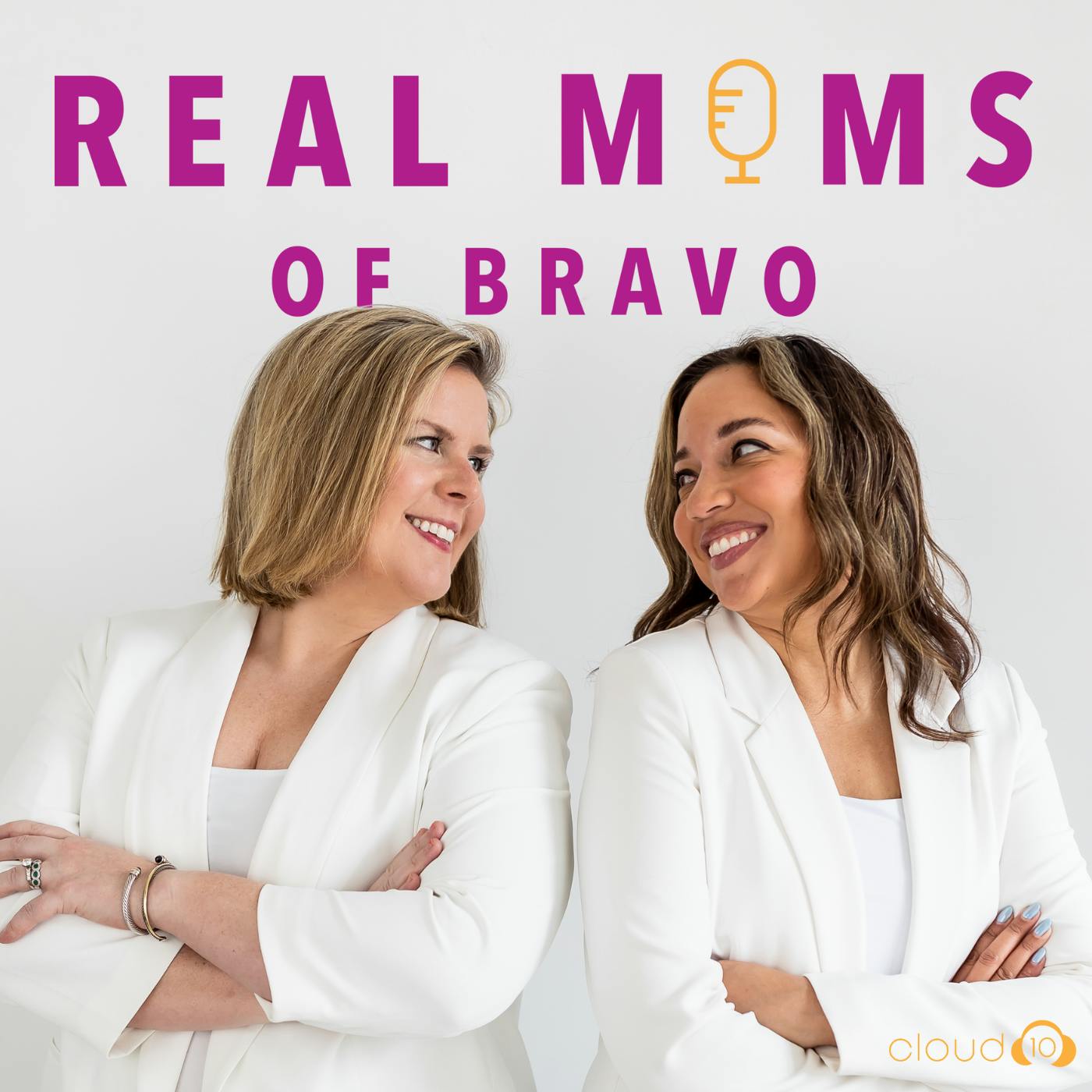
Real Moms of Bravo
Cloud10
Vegan Food Truck Business Podcast
Heather Zeitzwolfe (Savvy Frugal Vegan)
Raise Your Volume Academy with Tiphany Kane, M.Ed.
Tiphany Kane, M.Ed, CEO of KaSa Media Productions
Only One In The Room
Laura Cathcart Robbins
Podcast Storyselling | Grow Your Podcast. Create Profit.
Jenn Dragonette
Feed Your Soul with Kim
Kim McLaughlin
Stassi
PodcastOne



